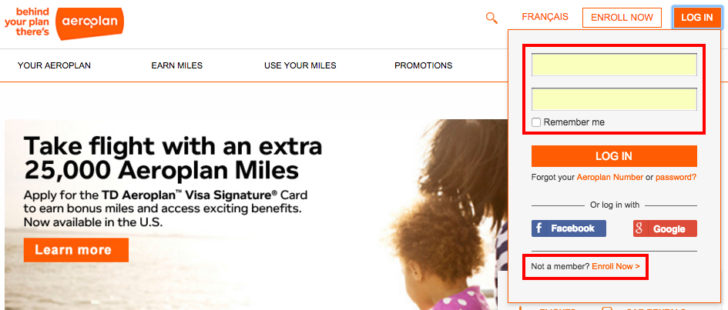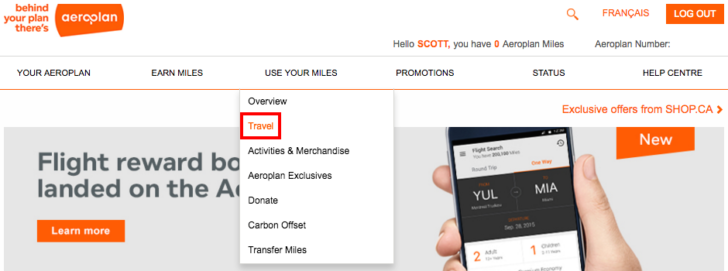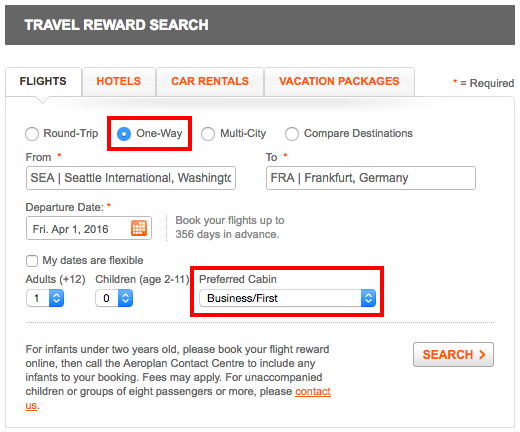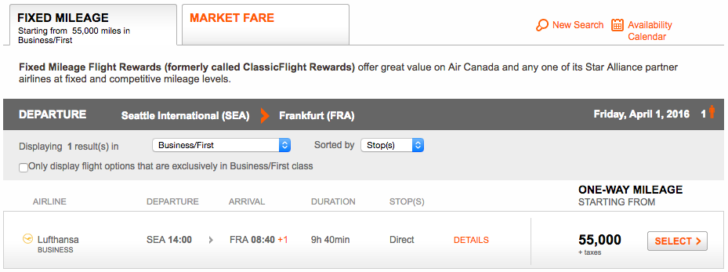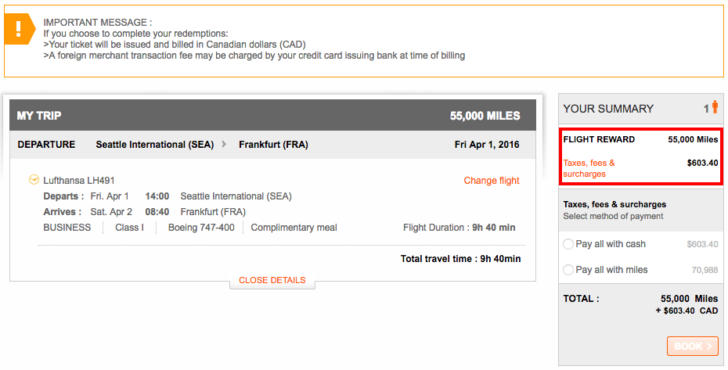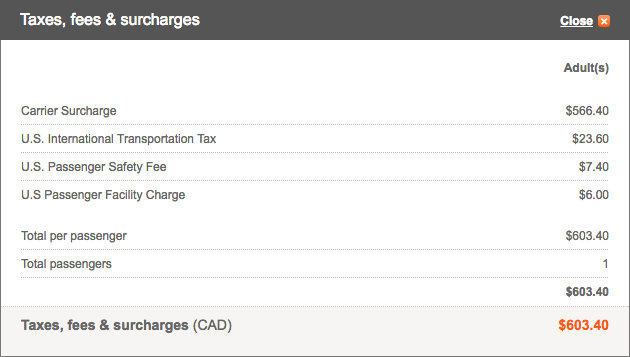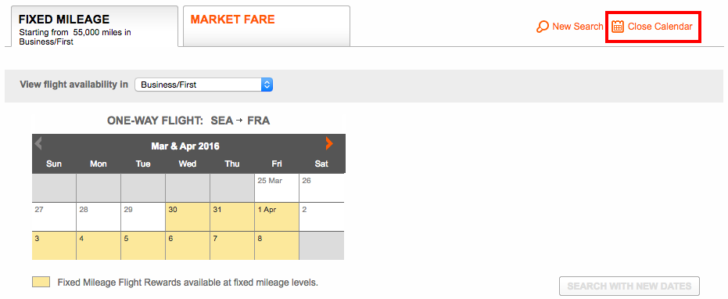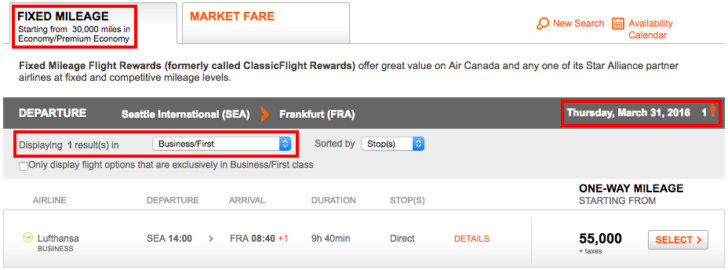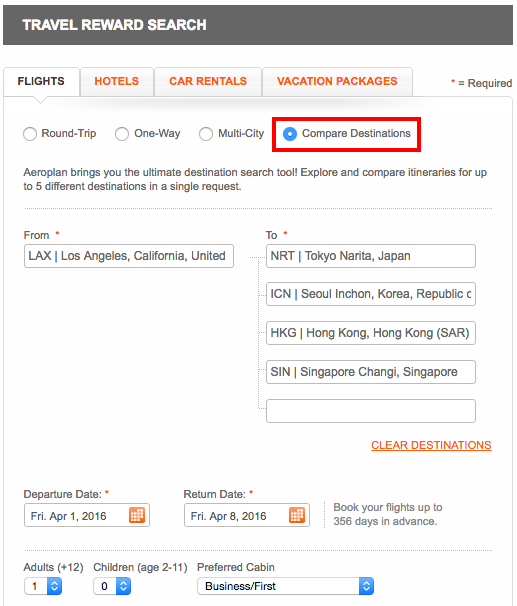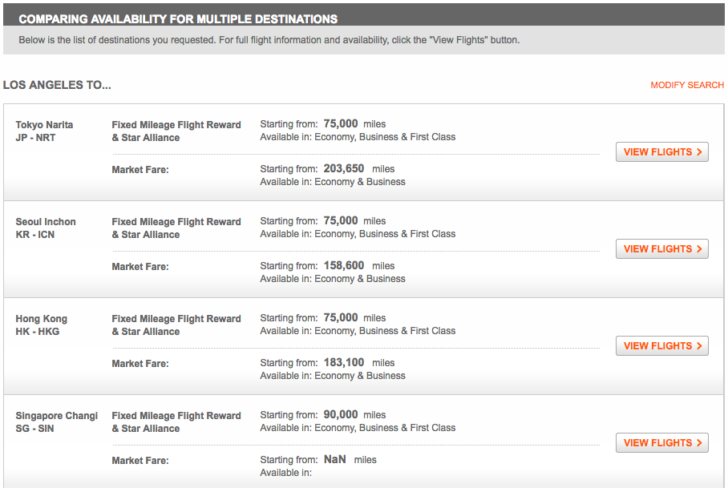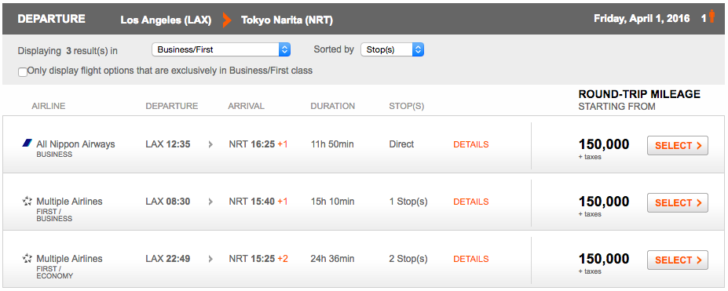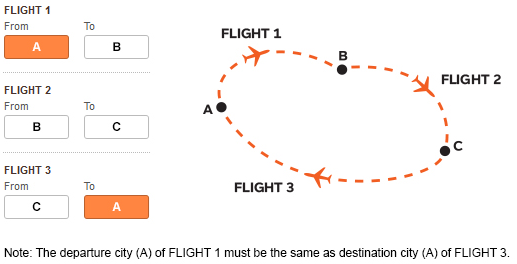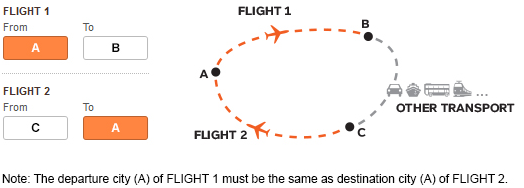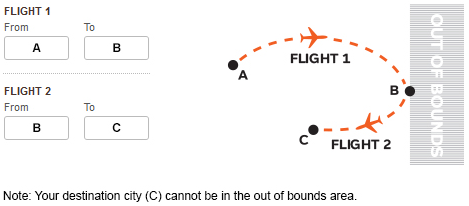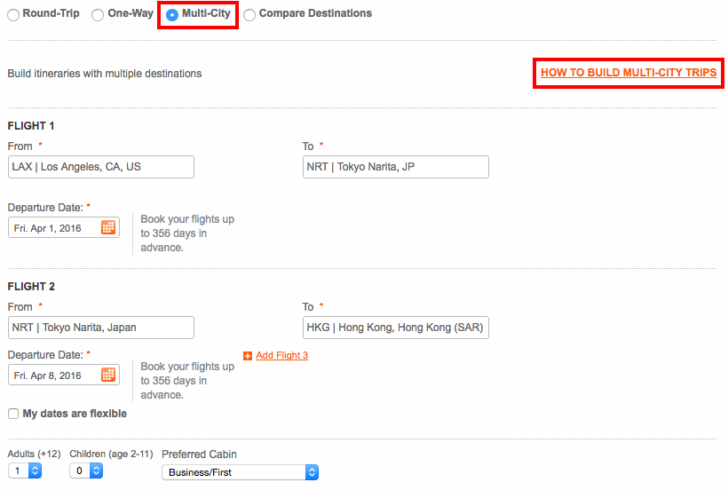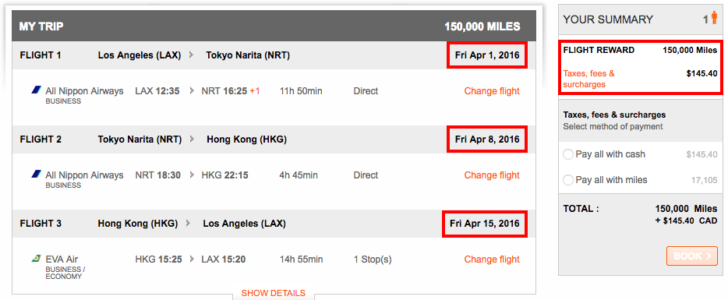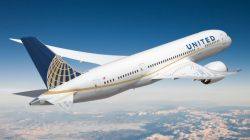Many travelers have miles with United Airlines, but there is one particular carrier — Singapore Airlines — that you can’t find on United’s website. That was the original reason that led me to start using Aeroplan to do some award searches. However, Aeroplan is itself a good option for redeeming miles on Star Alliance carriers. I have more Membership Rewards points than I do United miles, and some of Aeroplan’s prices are cheaper for the same ticket.
One example is an upcoming trip from Los Angeles to Seoul in first class. United would charge 130,000 miles, while Aeroplan wanted only 107,500 miles per person. The catch? Surcharges. This trip also costs about $200 more per person, and Aeroplan’s rules provide us with less flexibility to change or cancel our plans if we change our minds. It’s ultimately your call where you decide to book, but I was pleased to have the option.
This post discusses how to use the Aeroplan to search for award space on Star Alliance carriers, whether you plan to book there or take that information to book through another program.
How to Search for Typical Awards
You must create an Aeroplan account before performing a search. You can then log in, and the page will refresh with the same options.
Select the “Travel” option underneath “Use Your Miles” from the navigation menu.
You’ll have several options, but of course we care about using your miles to book flights. As I’ve said in many other articles, you should try to perform one-way searches for each leg of your journey when possible. If you rely on the search engine to find connections and then check each segment for availability, it might miss something. If you draw a map of all the possible connections and then check each segment yourself, that’s less likely to be an issue. It’s all about compromising time vs. accuracy.
In this example I want to find a one-way flight from Seattle to Frankfurt. Ignore the option for flexible dates. It pulls up a calendar that, frankly, I find unhelpful. You can still get the calendar later if you need it. What you should focus on are the number of passengers and the cabin class. Aeroplan only lets you search for “Economy/Premium Economy” or “Business/First.” If you are looking at one you will not see award availability for the other.
I’m lucky on the first try, and Aeroplan found an award on Lufthansa’s non-stop flight from Seattle to Frankfurt in business class. Notice that there are two award options: Fixed Mileage and Market Fare. Market Fare is a revenue-based scheme that offers more flexibility but generally requires more miles. Focus on Fixed Mileage. This is not only a better deal (if available) but also reflects the award space provided to other partners if you decide to book through a different loyalty program.
Aeroplan wants to charge 55,000 miles for a one-way business class award. This is a great deal on the surface. United charges 70,000 miles for the same award (although if the flight were operated by United Airlines, then United would charge only 57,500 miles).
Unfortunately the taxes are horrendous. Once you click the “Select” button and move to the next page, you can see “Taxes, fees & surcharges” of $603.40. These are Canadian dollars, which have historically been on par with U.S. dollars. At the time of this post, 1 CAD = 0.77 USD, so it’s not so bad … more like $464.70 in USD. Still high. The orange text is actually a link you can click on to see a breakdown of all fees.
If you were to book this same award through United MileagePlus, you’d pay more miles but only the passenger safety fee of $5.60 USD ($7.40 CAD). In my discussion of United award taxes and fees I provided an example of getting this same information from ITA Matrix. Remember that some other taxes, like the international transportation tax and passenger facility charge, only apply if the carrier surcharge is also collected.
Using the Aeroplan Calendar
What about that calendar I dismissed at the beginning? It’s still there. If you go back to the search results, you can click on the calendar icon at any time and the page will expand to show a small calendar. Unfortunately it only displays 10 days at a time and takes a while to load — I think it may be searching each day individually only after you click the icon.
Days with award availability are indicated as colored boxes, but remember you are only seeing availability in the selected cabin class. In this case it is still set to “Business/First.”
Just how important is this? Well, my original search didn’t have any economy class availability, so it didn’t matter much. But if I search one day earlier then it’s an issue. Again, my search is set to “Business/First” but the tab at the top says that awards start at 30,000 miles in economy class. I can use the drop down menu to choose a different cabin, and the page will update. Same date, but in each case I see only one result. Make sure you read carefully if your preferences are flexible.
Searching Multiple Destinations
One interesting feature of Aeroplan’s website is that you can search for award availability to multiple destinations at once, similar to how you can enter multiple destinations when looking for paid tickets with ITA Matrix. Back on the initial search page, choose the option to “Compare Destinations” and then enter your origin and up to five possible destinations.
Again, don’t ignore your preferred cabin class. It’s not possible to make this a one-way search, but you can pick a date at random and ignore the results if you don’t care much about the return journey.
On the next page you’ll then see how many miles it costs to reach each destination and which cabin classes are available. These prices are one-way. Remember to pay attention to the Fixed Mileage awards — Market Fares aren’t relevant to this exercise.
You can view the actual flight information after you select a destination, but the results update to show round-trip pricing. Again, pricing only matters if you actually plan to book with Aeroplan. Otherwise just take note of which flights have award space so you can then book with your preferred loyalty program.
Searching for Complex Awards
In general, I do not recommend searching for complex itineraries that include open jaws or stopovers using the Aeroplan website unless you also plan to book with Aeroplan. It just isn’t worth the hassle when you can perform separate one-way searches more quickly.
But like United, Aeroplan permits travelers to book awards a stopover or open jaw, which can allow you to visit multiple destinations, or search additional options for award travel, rather than book a simple round-trip between the same cities.
The catch is that United will allow you to book TWO open jaws AND a stopover. Aeroplan will allow you ONE open jaw OR a stopover. It is also very specific about how these trips may be constructed and even has a separate page to explain it to you.
Option 1: Stopover — You can travel from A to B to C in a circle. You could make B your stopover on the way to C, or you could make C your stopover on your way home to A. But you must return home to the same city where you departed.
Option 2: Open Jaw at Destination — You can travel from A to B, then from C to A. You’ll have to find your own transportation between B and C. Again, you must return home to the same city where you departed.
Option 3: Open Jaw at Origin — You can travel from A to B, then from B to C, but in this case A and C are both in your home region …or maybe not? Aeroplan uses a strange drawing of an “out of bounds” region, which I interpret to mean that C must be partway between A and B (i.e., you can’t fly further away, but maybe you don’t have to fly all the way back).
You can only search for travel that meets these rules. The example below is invalid. Hong Kong is further west than Narita, so I’m going out of bounds and got an error message. It’s just not something you can book, so the system refuses to search for it. If this were United’s website, you could search for whatever you want and it would just price it as two one-way awards.
Here’s an example of a successful stopover. I searched for travel from Los Angeles to Tokyo, stayed there for a week, and then continued to my destination in Hong Kong. Eventually I returned home to LAX. (My connection in Taipei on the way home doesn’t count as a second stopover because I wasn’t there more than 24 hours.)
The total price for this itinerary is still just 150,000 miles — the same as a round-trip award to Hong Kong without a stopover in Tokyo.

